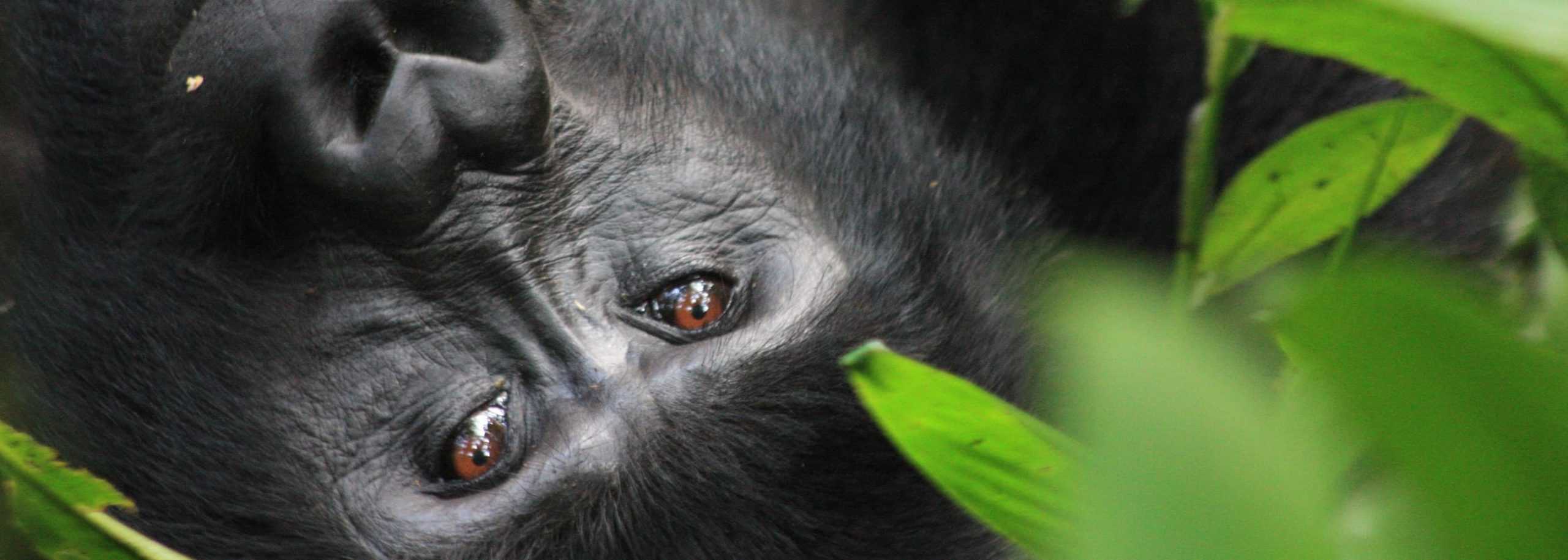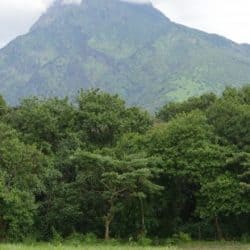Ministers’ Signing Signals Progress on Cooperation for Gorilla Conservation
News | 18/02/09
In a very hopeful sign for the future of mountain gorilla conservation, the three ministers responsible for protected areas in the gorillas’ range states of Uganda, Rwanda and the Democratic Republic of Congo have signed off on the minutes of their meeting on greater cooperation between the three countries – legitimizing the recently formed Transboundary Secretariat, which will put cooperation between the three countries on the fast track.
The protected area authorities include the Uganda Wildlife Authority (UWA), Rwanda Development Board (ORTPN) and Congolese Institute for Nature Conservation (ICCN). The combined Greater Virunga Transboundary Collaboration (GVTC) is now a legitimate entity which seeks to ensure a harmonized approach to wildlife conservation in the area, develop strategies for transboundary natural resource management, plan, evaluate and monitor transboundary projects, and secure stable and sustainable financing for biodiversity conservation and management of the local protected area network. IGCP has been collaborating with the ministers and their staff throughout the process.
“This step increases the legitimacy of the Transboundary Secretariat and enables it to operate legally, including receiving grants and donations from outside,” concluded IGCP Director Eugene Rutagarama. “IGCP is happy to have played a central role in this process, and we will continue to support the transboundary program and secretariat in whatsoever capacity needed.”
The transboundary collaboration has already achieved a number of important milestones, including: a trilateral memorandum of understanding between the three protected area authorities on collaborative conservation of the local protected area network, a memorandum of understanding on tourism revenue sharing, a ten year transboundary strategic plan that also established the secretariat, and securing funding from the Netherlands government to implement transboundary collaboration and supplement revenue sharing and conservation enterprises across the region. It is also strengthened by no less than ten legally binding instruments signed by all three countries, including The Convention on Biological Diversity, The Convention on International Trade in Endangered Species of Flora and Fauna and the United Nations Framework Convention on Climate Change.
With the Transboundary Secretariat now legitimized, the ministers of the three states have agreed to urge their governments and development partners to commit in supporting institutionalization of various organs of the area’s transboundary collaboration. This will likely result in more resources and more cooperation in protecting the gorillas and their habitat. As an integral component of this process, IGCP continues to cooperate closely with its partners and all stakeholders to ensure the Transboundary Secretariat’s success.


